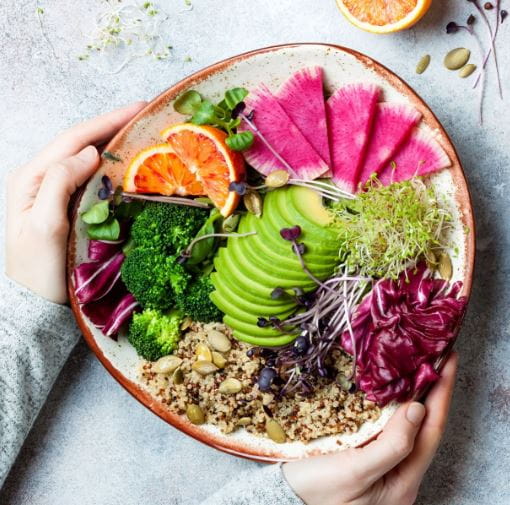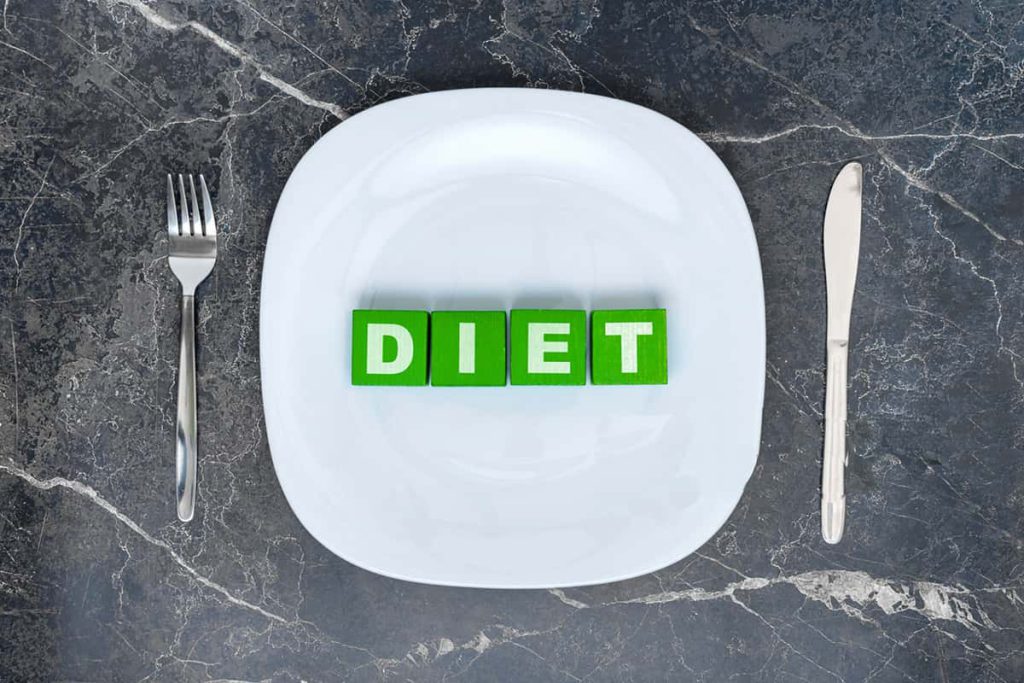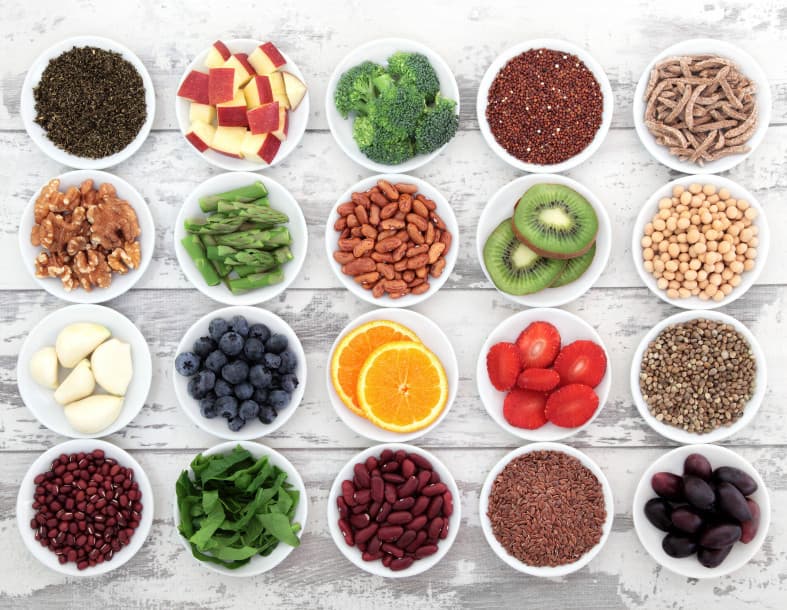Transitioning to a plant-based diet is a positive and impactful decision that can benefit both your health and the environment.
However, making the switch can feel overwhelming, especially if you’ve followed a traditional diet for most of your life.
Below is a step-by-step guide to help you transition smoothly and sustainably without feeling deprived or lost along the way.
1. Start Slow and Gradual
One of the most effective ways to transition to a plant-based diet is to make small gradual changes. Going all-in immediately can be overwhelming and lead to frustration. Start by replacing one or two meals per week with plant-based options. This will give your body and mind time to adjust.
For example:
- Swap dairy milk with almond, soy, or oat milk.
- Replace beef or chicken with plant-based proteins like lentils, beans, or tofu in a couple of meals each week.
2. Educate Yourself on Nutrient Requirements
A common misconception about plant-based diets is that they lack sufficient nutrients, especially protein and iron. While plant-based diets can be highly nutritious, it’s essential to be mindful of certain nutrients such as:
- Protein: Found in beans, lentils, quinoa, chickpeas, and soy products.
- Iron: Available in leafy greens, beans, lentils, and fortified cereals. Pair these with vitamin C-rich foods to improve absorption.
- Calcium: Found in fortified plant-based milk, tofu, and leafy greens like kale.
- Vitamin B12: Since B12 is mainly found in animal products, those following a strict plant-based diet should consider a supplement.
3.Focus on Whole, Unprocessed Foods
It’s easy to fall into the trap of consuming too many processed vegan foods like plant-based burgers, chips and frozen meals. While these can be convenient, they are often high in sodium and low in nutrients. Instead, focus on whole foods like:
- Fresh fruits and vegetables
- Whole grains (brown rice, quinoa, oats)
- Legumes (beans, lentils, chickpeas)
- Nuts and seeds
Whole foods will not only provide your body with the nutrients it needs but also help you feel more satisfied and energized throughout the day.
4. Meal Planning is Key
Meal planning can make the transition to a plant-based diet much easier and more sustainable. By planning your meals ahead of time, you’ll avoid the stress of figuring out what to eat at the last minute and reduce the temptation to revert to old habits.
Start by setting aside some time each week to plan your meals and make a shopping list. Choose simple, nutrient-dense recipes that you enjoy and can prepare quickly.
Pro Tip: Double your recipes and freeze portions for future meals. Having pre-prepared meals on hand can be a lifesaver during busy days.
5. Explore Plant-Based Alternatives
If you are used to certain foods like cheese, milk or meat, switching to plant-based alternatives can make the transition smoother. Nowadays, there are plant-based options for nearly every food including:
- Dairy-free cheese
- Meat substitutes like seitan, tempeh and jackfruit
- Plant-based yogurt
- Egg replacements for baking (flaxseeds or chia seeds mixed with water)
However, be mindful of over-reliance on processed alternatives. While they’re helpful during the transition, try to incorporate more whole food-based recipes as you get comfortable.
6. Find Your Favorite Recipes
A significant part of succeeding in a plant-based diet is finding dishes you genuinely enjoy. With so many online resources and plant-based cookbooks available, it’s easier than ever to discover new recipes that satisfy your taste buds.
Start with familiar meals and modify them with plant-based ingredients. For example:
- Make a hearty lentil stew instead of beef stew.
- Try chickpea curry in place of chicken curry.
- Prepare a veggie-loaded stir fry with tofu or tempeh.
7. Join a Supportive Community
Transitioning to a plant-based diet can be more manageable if you surround yourself with supportive individuals. Consider joining online plant-based communities, forums, or local plant-based groups. You’ll have a network to share recipes, ask questions and even share struggles and successes.
Some popular online plant-based communities include:
- Reddit: Subreddits like r/vegan and r/plant based provide support and inspiration.
- Facebook Groups: There are numerous plant-based diet groups with thousands of members worldwide.
- Instagram: Follow plant-based influencers for daily inspiration and meal ideas.
8. Be Patient and Flexible
Making any dietary change takes time, so be patient with yourself during this transition. Don’t be too hard on yourself if you slip up or crave certain foods you’ve given up. Instead, view these moments as learning experiences. Remember, the goal is progress not perfection.
If you find yourself craving non-plant-based foods, look for healthier plant-based alternatives. For example, if you’re missing cheese try a cashew-based cheese recipe. Craving ice cream? Try a coconut-based or almond-based version.
9. Mind Your Mental Health
Making lifestyle changes can sometimes be stressful. It’s essential to monitor your mental health as you transition to a plant-based diet. Ensure you’re not feeling overwhelmed or overly restricted. Incorporating mindfulness practices like meditation or yoga can help reduce stress and keep you grounded.
10. Track Your Progress
Keep track of how you’re feeling, both physically and emotionally, during your plant-based journey. This can help you identify areas that may need improvement. Perhaps you’re not getting enough protein or maybe you’re feeling more energetic and lighter. Monitoring your progress will help you make necessary adjustments and stay motivated.
Conclusion
Transitioning to a plant-based diet doesn’t have to be complicated or restrictive. With careful planning, a gradual approach, and an open mind to trying new foods, you can smoothly make the shift. By focusing on nutrient-dense whole foods and finding plant-based versions of your favorite meals, the transition can become enjoyable and sustainable in the long term.
Whether you’re doing it for health, ethical, or environmental reasons, remember to embrace the process, celebrate small victories, and continue learning about the diverse world of plant-based eating.


